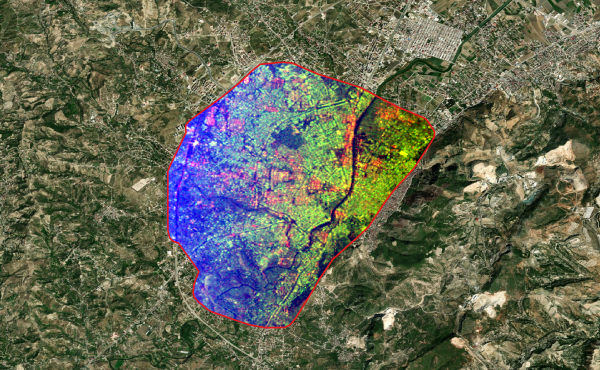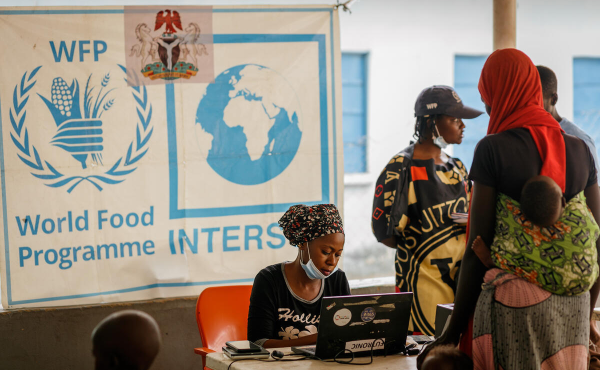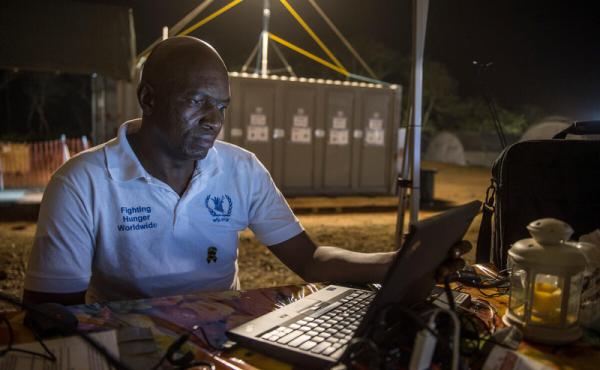This partnership brings together Luxembourg’s leadership in AI, CERN’s advanced algorithms and weather modeling frameworks, LIST’s expertise in Earth Observation and crop modeling, and WFP’s operational capabilities. By combining these strengths, we aim to develop, pilot and scale AI-driven solutions that enhance emergency response, optimize resource allocation and improve food security worldwide.
Learn more about our official launch in October 2024.

The Strategic AI Partnership for Humanitarian Actions is a strategic collaboration between the World Food Programme (WFP), CERN, the Luxembourg Institute of Science and Technology (LIST) and the Government of Luxembourg. Together, we are uniting artificial intelligence, world-class research and global humanitarian expertise to drive progress toward a hunger-free future.
About the partnership
Stategic partnership to tackle global hunger
Explore our blog for a comprehensive coverage of the official launch of WFP’s new AI-powered partnership with Luxembourg, CERN, and LIST. From streamlined emergency response to data-driven breakthroughs, learn how this collaboration is paving the way for a hunger-free future.
What we do
Over the next two years, interdisciplinary teams are working on specific humanitarian-focused use cases within three pillars:
- Pillar 1: Damage Assessment and Prediction
- Pillar 2: Anomaly Detection for Assistance Delivery
- Pillar 3: Federated Learning for Sensitive Data Processing
Use cases

Pillar 1: Damage Assessment and Prediction
- Crop Yield Prediction: Equips farmers and humanitarian responders with forecasts to better anticipate food needs.
- Augmented Building Damage Assessment: Helps relief efforts quickly identify damaged infrastructure, speeding up support for affected communities.
- Extreme Weather Forecasting: Delivers timely alerts to areas at risk, allowing earlier interventions to protect lives and livelihoods.

Pillar 2: Anomaly Detection for Assistance Delivery
- Registration Anomalies: Ensures humanitarian aid reaches the right people by identifying inconsistencies in beneficiary registration.
- Cash-Based Transfer (CBT) Transaction Anomalies: Protects vital funds by detecting irregularities, ensuring assistance remains transparent and efficient.
- Global Fleet Anomalies: Monitors the movement of supplies worldwide to quickly address disruptions and maintain consistent aid delivery.

Pillar 3: Federated Learning for Sensitive Data Processing
- Allows partners to safely share insights while protecting personal and humanitarian data, laying the groundwork for more effective collaboration.


